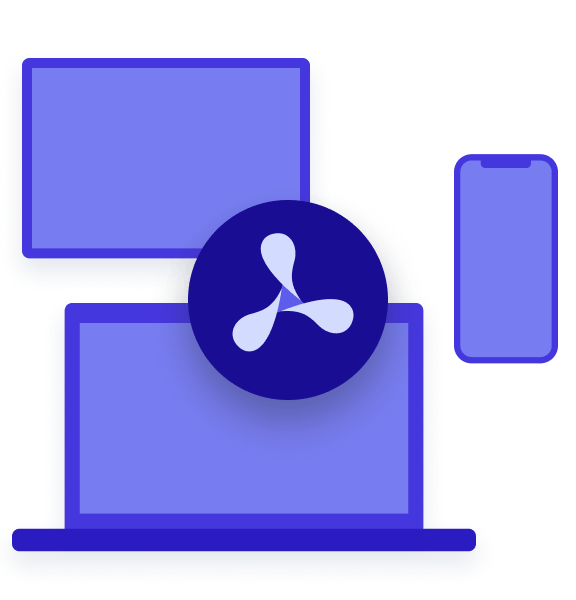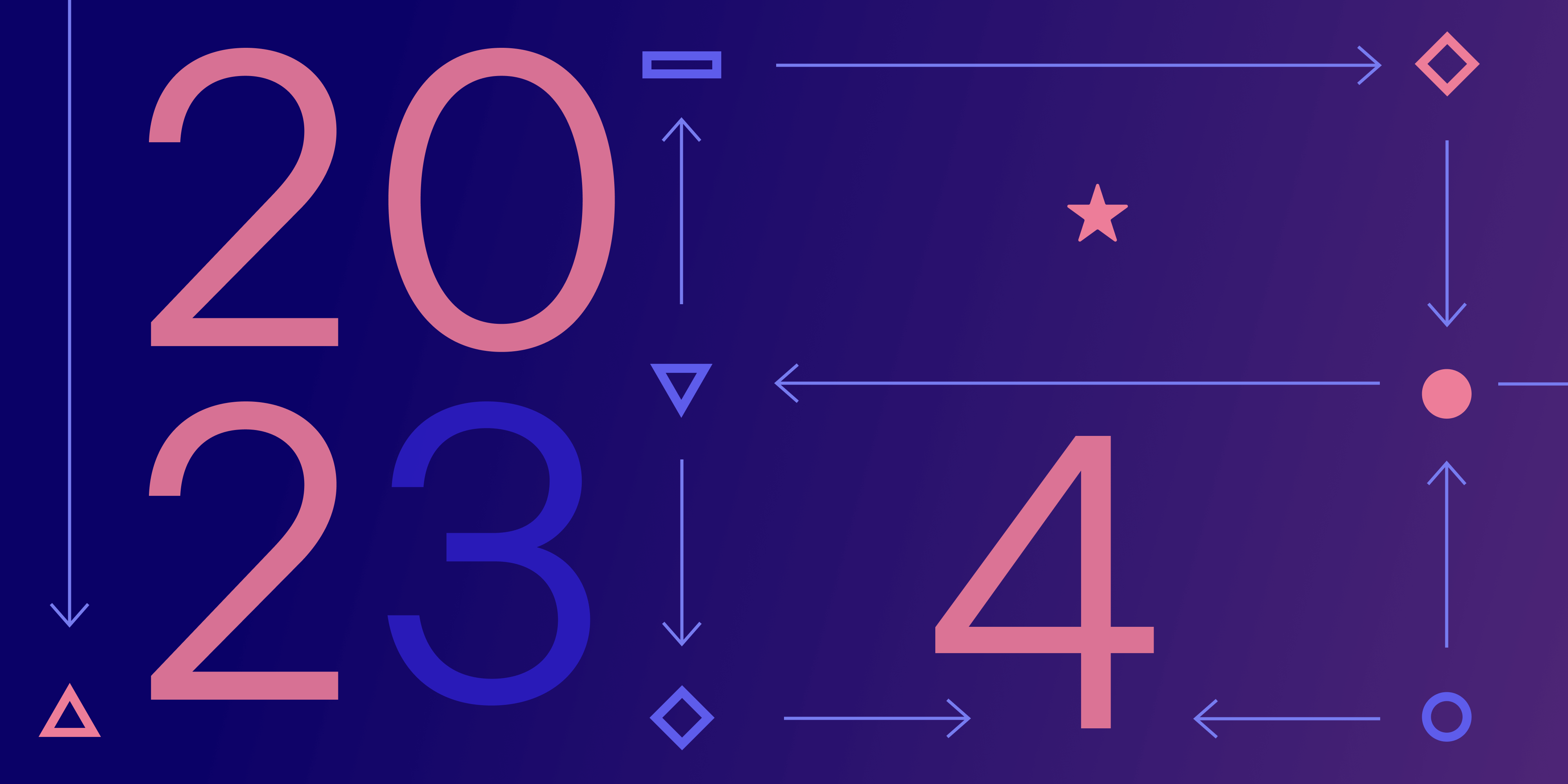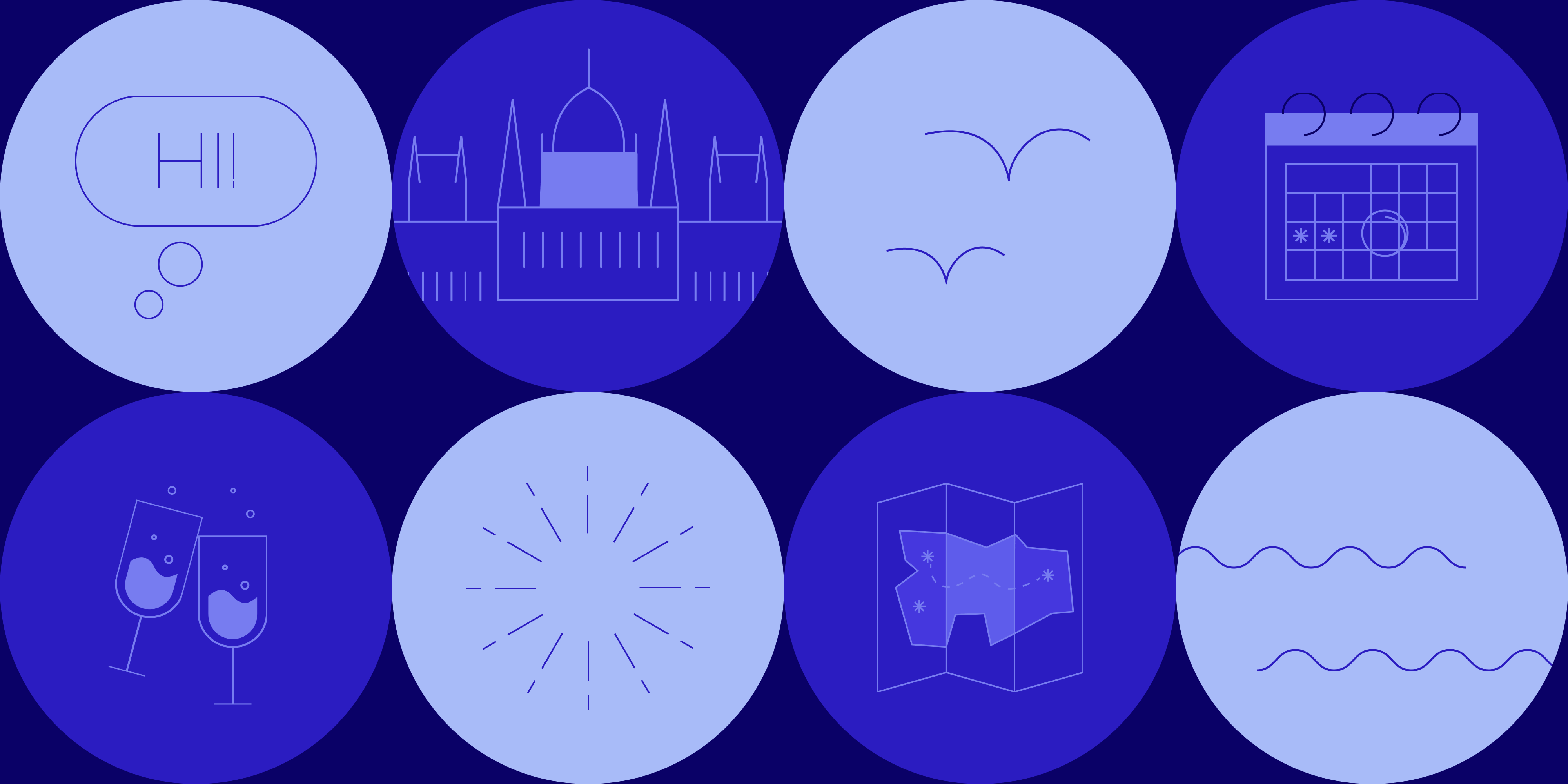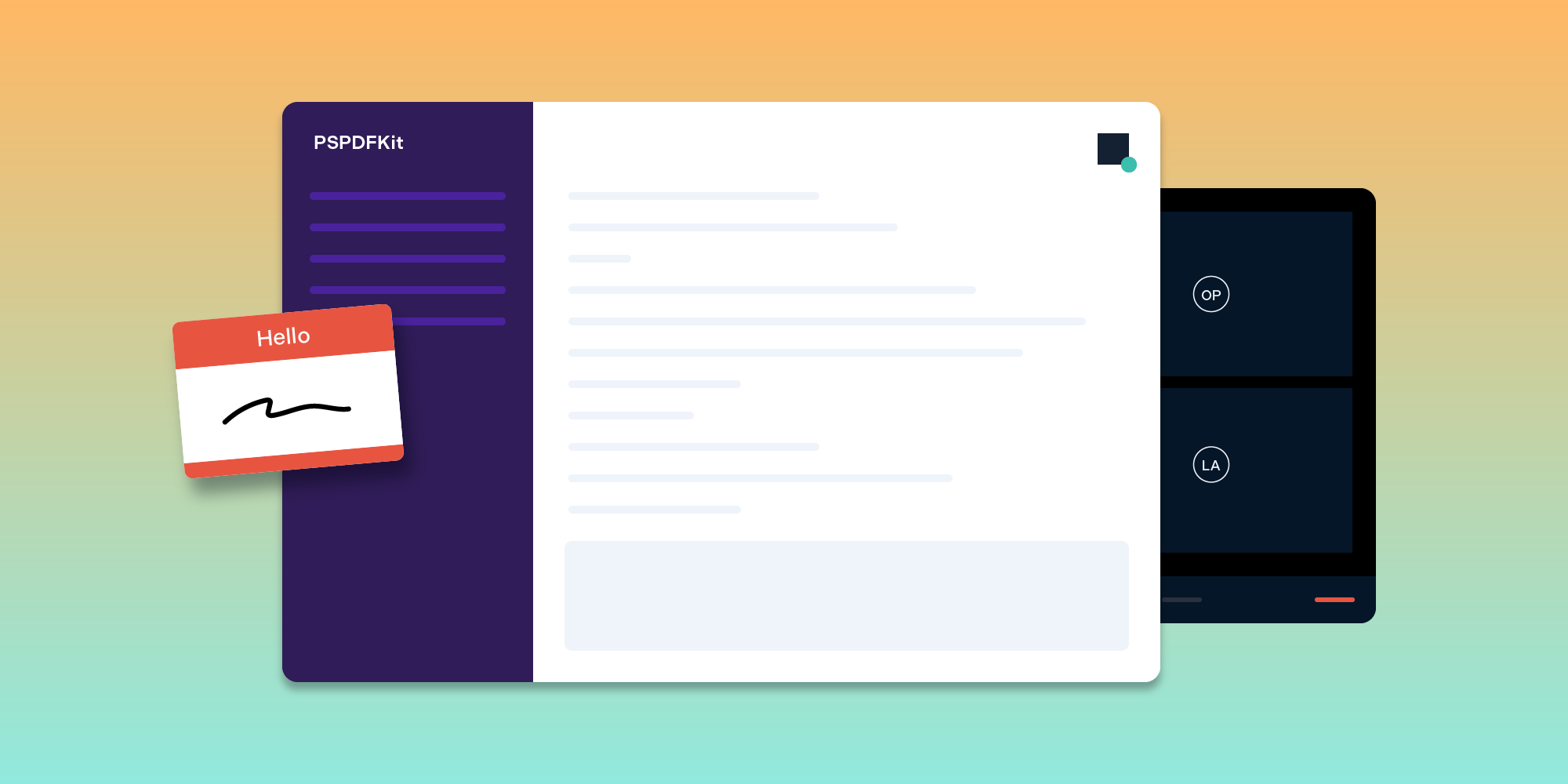Music for Concentration
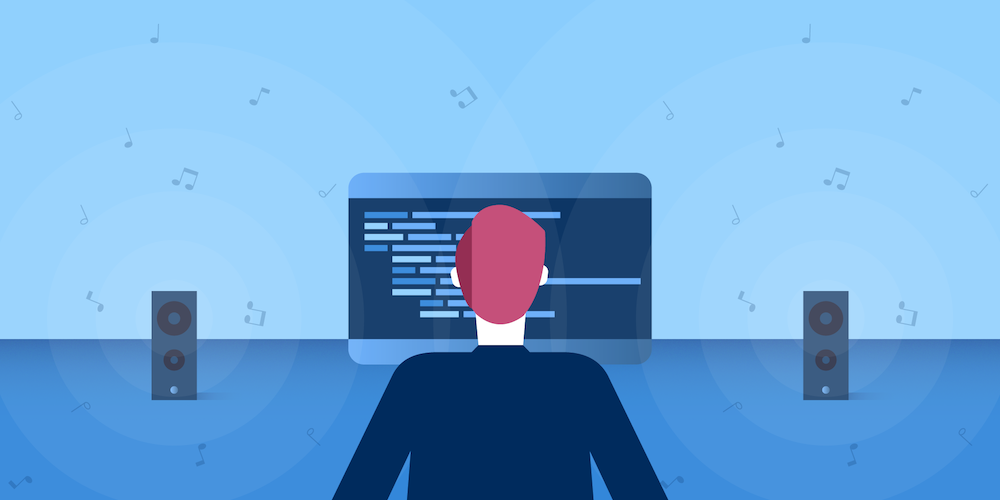
PSPDFKit is largely a remote company. And as a remote worker, you quickly learn the importance of both controlling your environment and how it affects your productivity. In this post, we’ll cover how music can help you get in that all-important and elusive state of flow.
Altered States
I was always strangely fascinated by this video introducing Jeff Han’s work on multi-touch screens (whatever happened to those?).
The combination of the glowing screens, the darkness, and, in large part, the hypnotic music, evokes another dimension — a strange place where magic and computers meet.
Music can induce or enhance many states: Dance music raises our heartbeat, chanting helps focus the mind, and ambient music can help defuse “the tense, anxious atmosphere of an airport terminal.”
Which Music?
Different music gets different people in the zone, as browsing the myriad “music for concentration” playlists on Spotify clearly demonstrates.
If you’ve explored this space at all, you’ve probably come across musicforprogramming.net, which suggests that “effective music to aid prolonged periods of intense concentration” has some or all of the following qualities: Drones; Noise; Fuzz; Field recordings; Vagueness (Hypnagogia); Textures without rhythm; Minor complex chords; Early music (Baroque, lute, harpsichord); Very few drums or vocals; Synth arpeggios; Awesome / daunting / foreboding; Walls of reverb.
Music possessing these qualities can provide just the right amount of interest to occupy the parts of your brain that would otherwise be left free to wander and lead to distraction during your work. https://musicforprogramming.net/?about
Of course, the above list is somewhat subjective. Even with the “right” type of music, a bad song can break your flow. Or maybe you’re just not into hearing harpsichords on a particular day.
Generative Music
I’ve been interested in generative music for some time, so when I came across Brain.fm, it immediately appealed to me as an alternative to hunting for playlists. It bills itself as AI-composed music that is “designed for the brain to enhance focus … within 10 - 15 minutes of use.”
It provides several categories of music such as Chimes & Bowls, Forest, Nightsounds, or my personal favorite, Underwater. Playback can be set for 30 minutes, 1 hour, 2 hours, or infinity (I’ve still not determined if this actually runs to infinity).
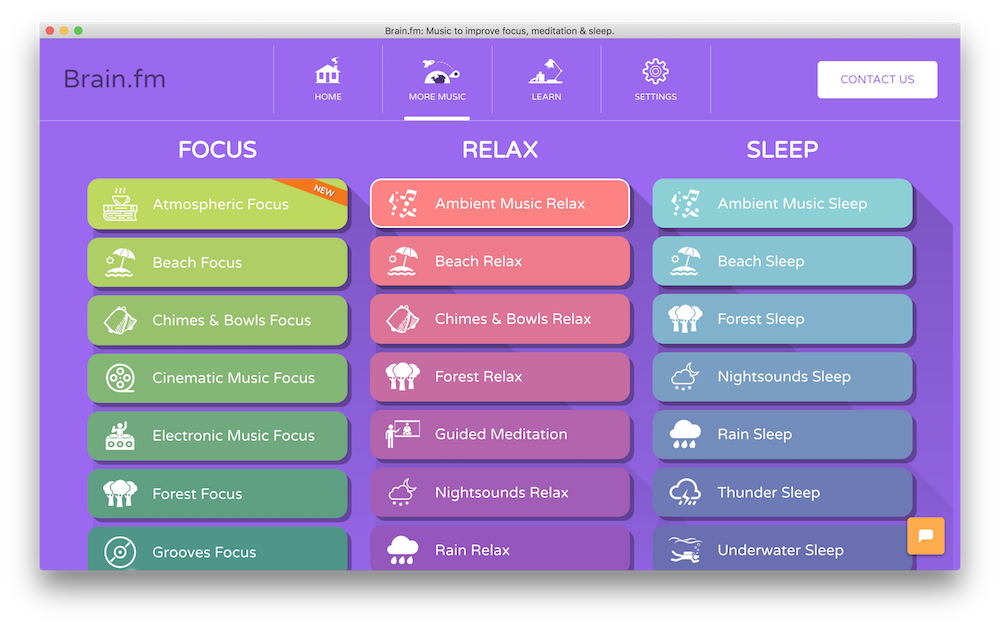
Initially I was skeptical, but following several months of use, I can say without a doubt that it does indeed work, at least for me. It’s now what I reach for when it’s time to focus, and putting on my headphones feels akin to taking a deep dive or plugging in to the matrix.
The music Brain.fm generates has the following combination of qualities that I think make it uniquely effective:
-
Endless: the music can play forever without any breaks
-
Evolving: it’s not a loop, but rather it evolves over time
-
White noise: it blocks out regular background noise
-
Pulses: regular pulses provide a driving, forward motion (see also binaural beats)
If you’re curious for more, Brain.fm has a white paper that goes into some of the science of all of this.
Conclusion
I hope this post gave you some ideas on how to improve your focus through music. Give Brain.fm a try, or even better, why not write your own generative music?

